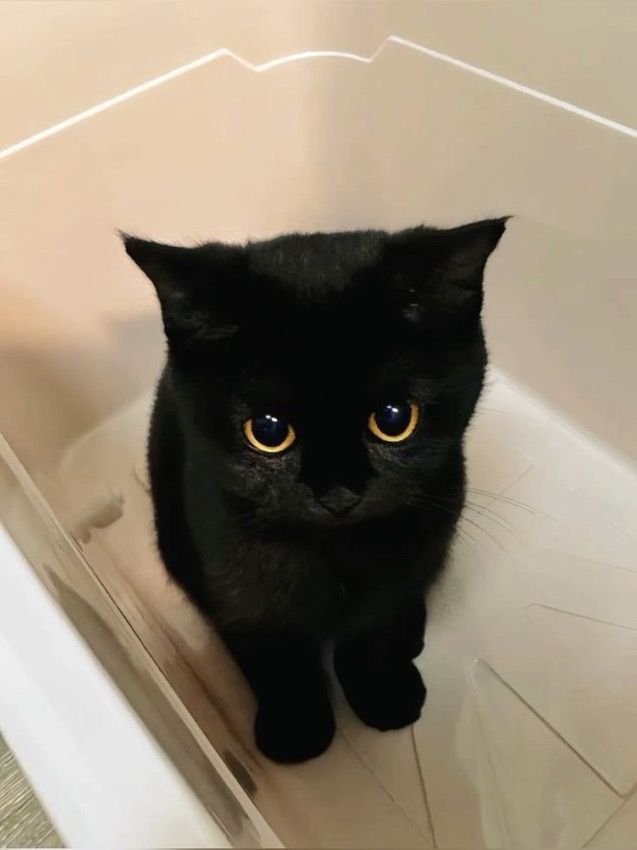Animal mental health is real. People like to laugh at the idea, brush it off, or pretend pets are just simple creatures who eat, sleep, and wag their tails. But spend enough time with any animal and you start to notice the subtler stuff. A dog that shuts down after being yelled at. A cat that spends entire days hiding under the bed. Horses who pace and chew at their stalls like they are carrying invisible weights around. Mental health is not something reserved for humans with jobs and mortgages. Animals feel stress, loneliness, fear, all the messy shades of life too.

I think the problem is that “mental health” still sounds too human to a lot of people. Like depression must come with words and a diary entry. Animals cannot write their feelings down. They show them in behavior, sometimes in really destructive ways. Chewing the couch until the cushions explode, over-grooming the fur until bald patches show, obsessive pacing, refusal to eat, even aggression out of nowhere. Those are not quirks. That is communication.
And if you have ever ignored those signals, you are not alone. Most people do. I did once, back when I thought my dog licking her paws every evening was “just a habit.” Months later it turned into raw skin, then infections. After talking to a vet I realized she was stressed from being alone too long each day. Emotional pain turning into physical damage. It was a slap in the face.
So what even causes animal mental health problems? The list is endless. Lack of stimulation. No social interaction. Unpredictable environments. Trauma. Sometimes even diet plays a role, which feels unfair but is true. Dogs kept chained outside for most of their lives often spiral into constant barking or aggression. Birds plucked from the wild and dumped in cages scream out without end. Cats with no scratching posts claw the wallpaper to shreds just to feel something natural. People call it “bad behavior” when it is really survival strategy.
Here is the tricky part. A lot of folks think toys and food solve everything. Just toss them a chew bone or one of those squeaky rubber chickens and you are golden. But enrichment is not a quick bandaid. An animal’s mind is like ours in this way: it craves variety… challenge… stimulation. Dogs need to sniff around, not just be walked on the same straight sidewalk. Cats need high spaces, puzzles, things that tap into their instincts instead of just dangling feather toys when we happen to feel like it.
Horses are another one. People admire their beauty, but their mental health often gets ignored the most. They are herd animals, incredibly social, and locking them in isolated stalls strips them of that essential bond. Imagine if you were kept alone in a bathroom 23 hours a day, allowed out only to run in circles. That kind of boredom and emotional starvation twists the animal over time. This is why “cribbing” or obsessive chewing is common. Not because they are naughty, but because they are trying to cope.
And it is not just big obvious changes. Subtle things matter. The tone of your voice. How often you actually engage with your pet instead of scrolling on your phone while they stare at you. I think animals notice more than we admit. They sense our moods, our impatience, our stress. My own dog tenses when I argue loudly with someone, even if it is not about her. You cannot separate their mental state from their environment, and that environment is us.
I know this sounds heavy, but the flip side is kind of wonderful. The fixes are not always complicated. Daily play, simple training routines that build confidence, safe places to retreat, predictable schedules. Even consistency in food and sleep times helps. Small things are massive in shaping animal mental health. It does not mean you need to overhaul your lifestyle. Just stop treating pets like background noise and notice how often they are reaching out.
There are people who roll their eyes when they hear about dog anxiety or cat depression. And yeah, sometimes it does sound ridiculous when you phrase it in human terms. But avoiding the language does not erase the truth. Animals absolutely suffer mentally. That suffering often leaks out through behavior, sometimes in heartbreaking ways. Ignore it long enough and you get a pet who is not just unhappy, they are broken.
I guess the real takeaway is this. Pay attention. Watch the small things, the ones you keep excusing. Does your parrot scream for hours every evening, your hamster run until exhaustion, your rabbit thump the floor every time the house goes quiet? Something is going on. Do not just shrug it off.
And if you are still not convinced animal mental health matters, try this. Walk into a shelter and look around. Hundreds of cages. Nervous eyes. Barking that never stops, cats curled up avoiding the world. It is not all about physical needs. These animals are drowning mentally, and that is why many never get adopted or cannot adjust after they leave. They need calm, trust, stimulation. A safe world. Same as us.
I think once you admit it, you cannot unsee it. Pets are not robots waiting for commands or bowls of kibble. Their minds need care just as much as their bodies. Take it seriously, even if nobody around you gets it. Because when you help an animal feel mentally safe, you see them come alive in ways you might not have expected. And that is the kind of reward no toy from a store shelf can buy.



